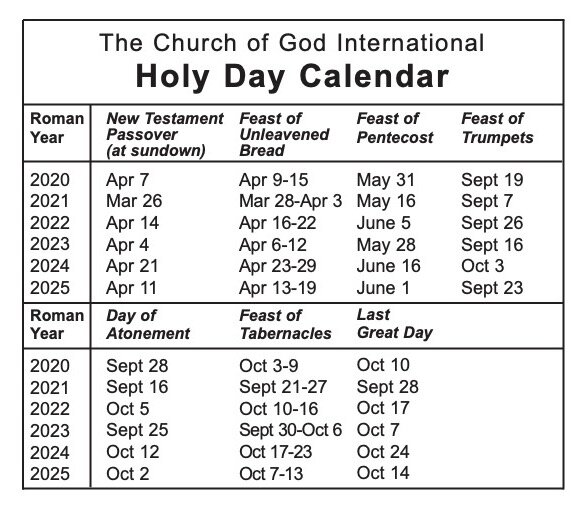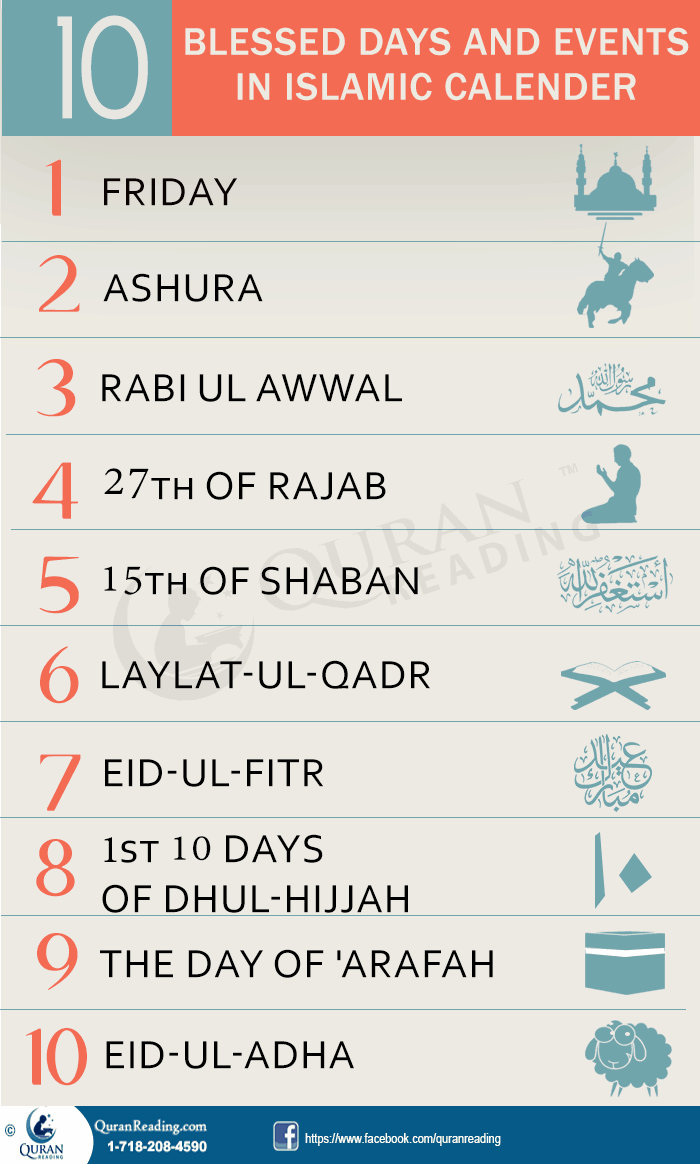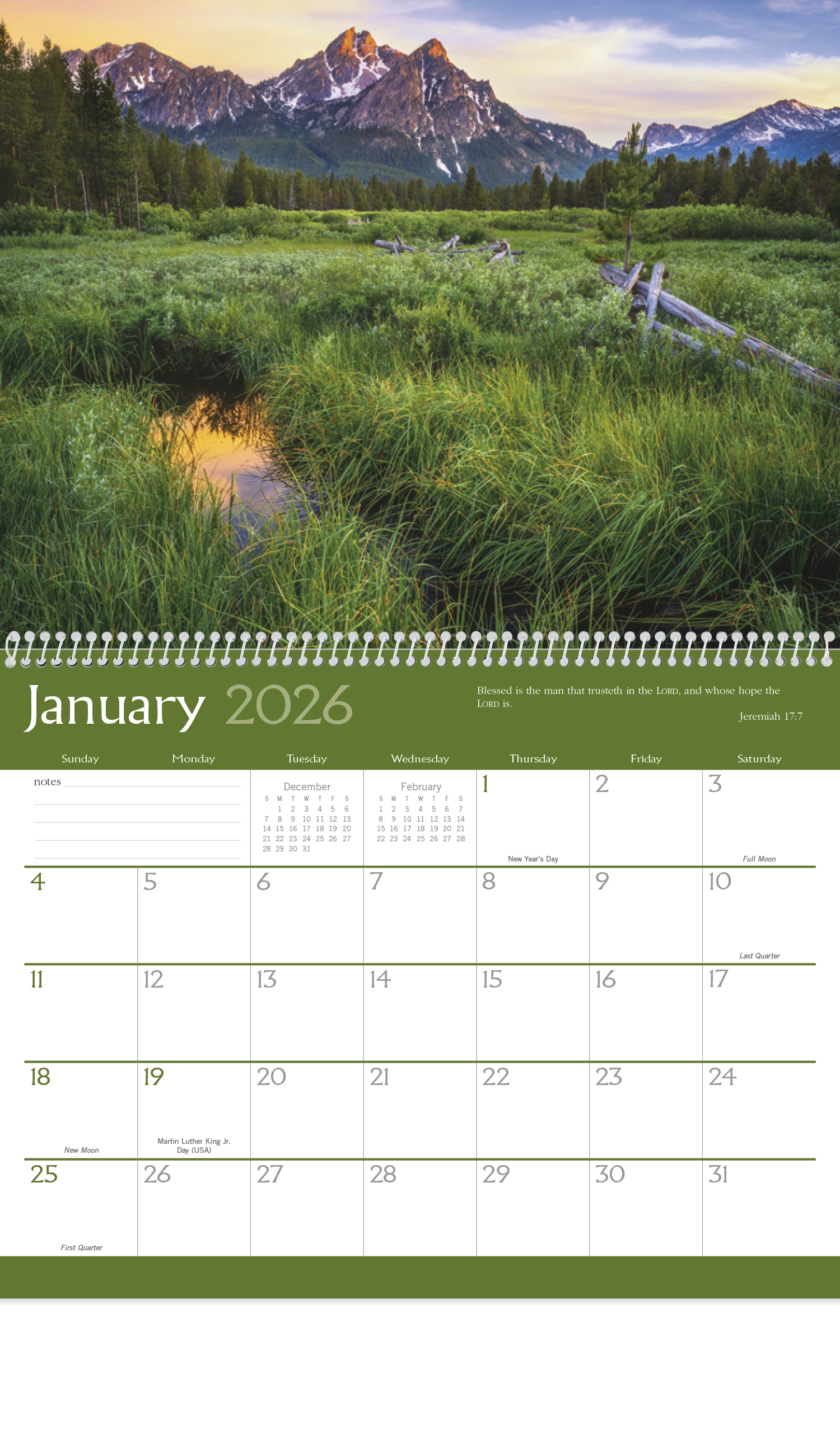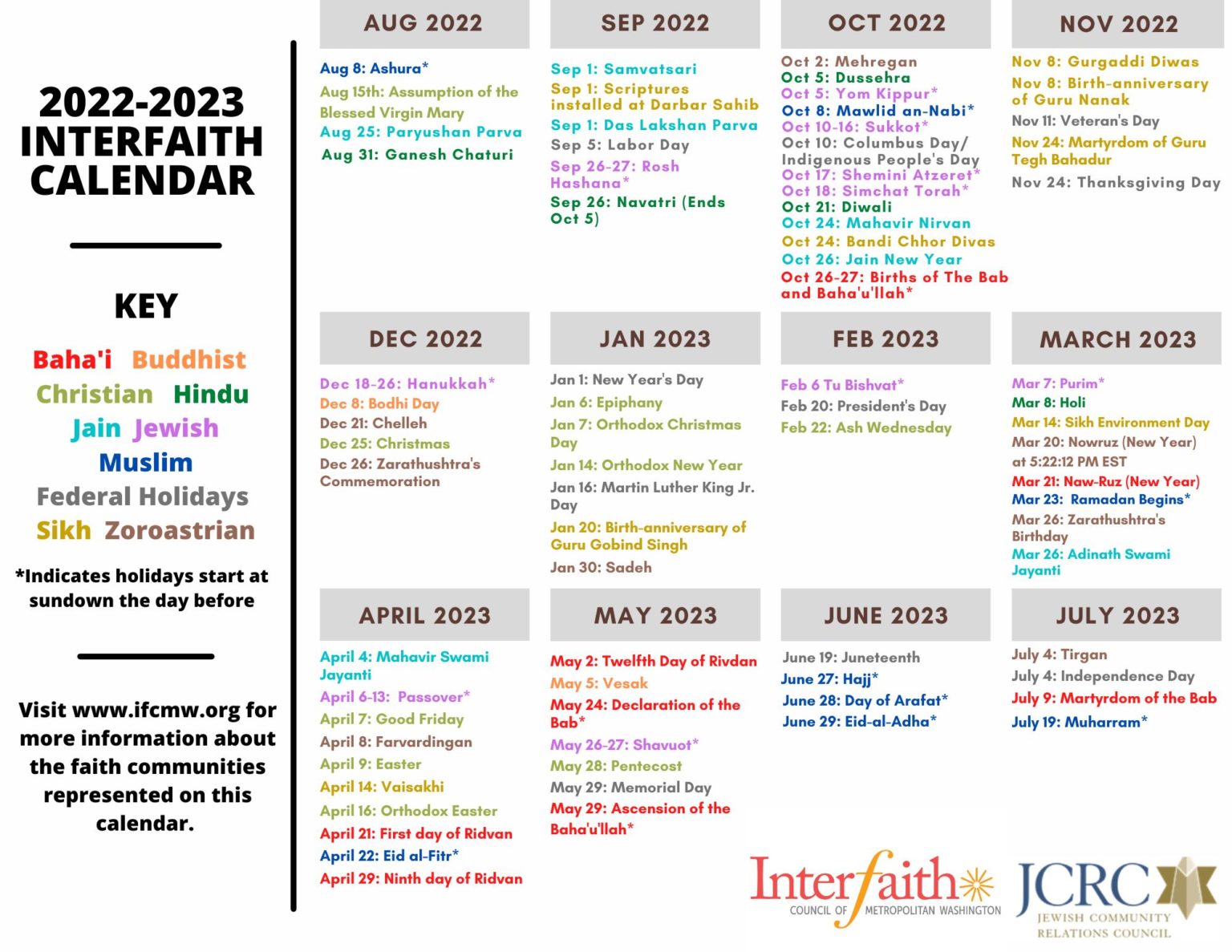A Global Calendar of Faith: Major Religious Holidays in 2025
Related Articles: A Global Calendar of Faith: Major Religious Holidays in 2025
Introduction
With enthusiasm, let’s navigate through the intriguing topic related to A Global Calendar of Faith: Major Religious Holidays in 2025. Let’s weave interesting information and offer fresh perspectives to the readers.
Table of Content
A Global Calendar of Faith: Major Religious Holidays in 2025

The world’s diverse tapestry of religions weaves a vibrant calendar of celebrations and observances. 2025 will be no different, with a multitude of religious holidays marking significant events and fostering spiritual reflection and community. This article provides an overview of major religious holidays in 2025, highlighting their significance and offering insights into their observance.
1. Christianity
a. Christmas (December 25th)
The celebration of the birth of Jesus Christ, Christmas is observed by billions worldwide. It is a time for family gatherings, gift-giving, and a focus on the themes of peace, love, and joy. Many Christian traditions involve decorating homes with Christmas trees, attending church services, and singing carols.
b. Easter (March 30th)
Easter commemorates the resurrection of Jesus Christ, marking the culmination of Holy Week. It is a central event in the Christian faith, symbolizing hope, renewal, and the triumph of life over death. Easter celebrations often include church services, special meals, and the tradition of Easter egg hunts.
2. Islam
a. Ramadan (March 23rd to April 21st)
Ramadan, the ninth month of the Islamic calendar, is a period of fasting, prayer, and spiritual reflection. Muslims abstain from food and drink from dawn to sunset, focusing on self-discipline, charity, and devotion to Allah. The month culminates in Eid al-Fitr, a joyous festival marking the end of the fast.
b. Eid al-Adha (June 27th)
Eid al-Adha, also known as the Festival of Sacrifice, commemorates the willingness of Prophet Ibrahim to sacrifice his son as an act of obedience to God. Muslims celebrate by offering a sacrifice, typically a sheep or goat, and sharing the meat with family, friends, and the less fortunate.
3. Judaism
a. Rosh Hashanah (September 18th and 19th)
Rosh Hashanah, the Jewish New Year, marks the beginning of the High Holy Days. It is a time for introspection, repentance, and seeking forgiveness for past transgressions. Observances include blowing the shofar (ram’s horn), reciting prayers, and enjoying special meals.
b. Yom Kippur (September 27th)
Yom Kippur, the Day of Atonement, is the holiest day in the Jewish calendar. It is a day of fasting, prayer, and intense introspection, with a focus on seeking forgiveness for sins and achieving reconciliation with God. Observances include attending synagogue services, abstaining from food and drink, and engaging in self-reflection.
c. Hanukkah (December 12th to December 20th)
Hanukkah, the Festival of Lights, commemorates the rededication of the Second Temple in Jerusalem after its desecration by the Seleucid king Antiochus IV. It is celebrated for eight days with the lighting of candles on a menorah, enjoying traditional foods, and playing dreidel.
4. Hinduism
a. Diwali (October 27th)
Diwali, the Festival of Lights, is celebrated by Hindus worldwide. It marks the triumph of good over evil, light over darkness, and knowledge over ignorance. It is a time for joy, celebration, and the lighting of diyas (oil lamps) to symbolize the inner light of wisdom and knowledge.
b. Holi (March 10th)
Holi, the festival of colors, is a joyous celebration marking the arrival of spring and the victory of good over evil. It is celebrated with the throwing of colored powders and water, signifying the triumph of joy and happiness over darkness and negativity.
5. Buddhism
a. Vesak (May 12th)
Vesak, also known as Buddha Day, commemorates the birth, enlightenment, and death of the Buddha. It is a time for reflection on the Buddha’s teachings, engaging in meditation, and offering prayers and flowers at temples.
6. Sikhism
a. Vaisakhi (April 13th)
Vaisakhi, a major Sikh festival, commemorates the founding of the Khalsa brotherhood by Guru Gobind Singh in 1699. It is celebrated with parades, processions, and the reading of sacred scriptures.
7. Other Religious Holidays
a. Chinese New Year (January 25th)
While not strictly a religious holiday, Chinese New Year is a significant cultural event observed by many around the world. It is a time for family reunions, feasting, and celebrating the new year with traditional rituals and customs.
b. Lunar New Year (January 25th)
Observed by various East Asian cultures, the Lunar New Year is a celebration of the beginning of a new year based on the lunisolar calendar. It is marked by fireworks, special meals, and the exchange of red envelopes containing money as a symbol of good luck.
FAQs by Major Religious Holidays in 2025
1. What are the major Christian holidays in 2025?
The major Christian holidays in 2025 are Christmas (December 25th) and Easter (March 30th).
2. What is the significance of Ramadan in Islam?
Ramadan is a month of spiritual reflection, fasting, and increased devotion to Allah. It is a time for Muslims to purify their hearts and minds and strengthen their connection to God.
3. How is Rosh Hashanah celebrated in Judaism?
Rosh Hashanah is celebrated with special prayers, the blowing of the shofar (ram’s horn), and the enjoyment of traditional foods. It is a time for introspection and seeking forgiveness for past transgressions.
4. What is the meaning of Diwali in Hinduism?
Diwali symbolizes the triumph of good over evil, light over darkness, and knowledge over ignorance. It is a time for celebration, joy, and the lighting of diyas (oil lamps) to represent the inner light of wisdom.
5. What is the significance of Vesak in Buddhism?
Vesak commemorates the birth, enlightenment, and death of the Buddha. It is a time for reflection on his teachings, engaging in meditation, and offering prayers at temples.
Tips by Major Religious Holidays in 2025
1. Respect and Understanding: It is essential to approach all religious holidays with respect and understanding, recognizing their significance to different communities.
2. Learn About Different Traditions: Take the opportunity to learn about the traditions and customs associated with various religious holidays. This can foster empathy and appreciation for diverse cultural perspectives.
3. Participate in Interfaith Dialogue: Engaging in interfaith dialogue can promote understanding and bridge cultural divides. It provides a platform for sharing perspectives, learning from each other, and fostering a spirit of unity.
4. Share the Spirit of Giving: Many religious holidays emphasize the importance of giving back to the community. Consider volunteering, donating to charities, or performing acts of kindness to spread goodwill and compassion.
5. Celebrate with Open Hearts: Embrace the spirit of joy and celebration associated with religious holidays, recognizing their role in bringing people together and fostering a sense of community.
Conclusion by Major Religious Holidays in 2025
The year 2025 will witness a diverse array of religious holidays, each holding unique significance and cultural importance. These celebrations provide opportunities for reflection, community building, and fostering a spirit of understanding and respect among different faiths. By embracing the values of compassion, tolerance, and inclusivity, we can create a world where religious holidays serve as bridges of connection, fostering unity and harmony.








Closure
Thus, we hope this article has provided valuable insights into A Global Calendar of Faith: Major Religious Holidays in 2025. We appreciate your attention to our article. See you in our next article!
